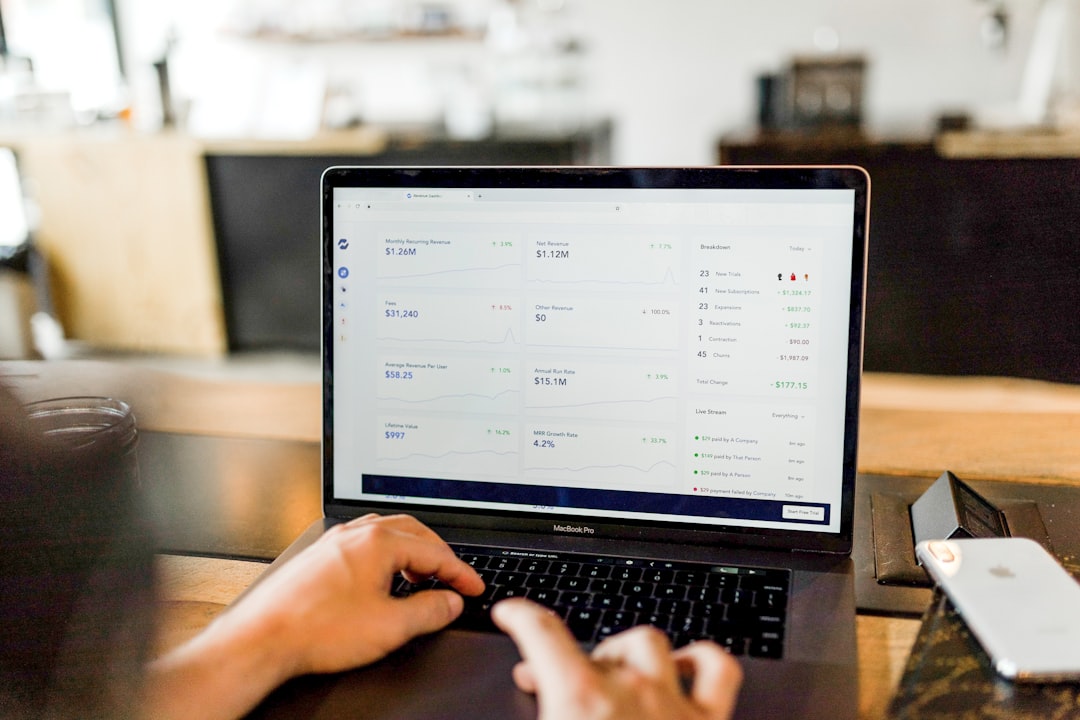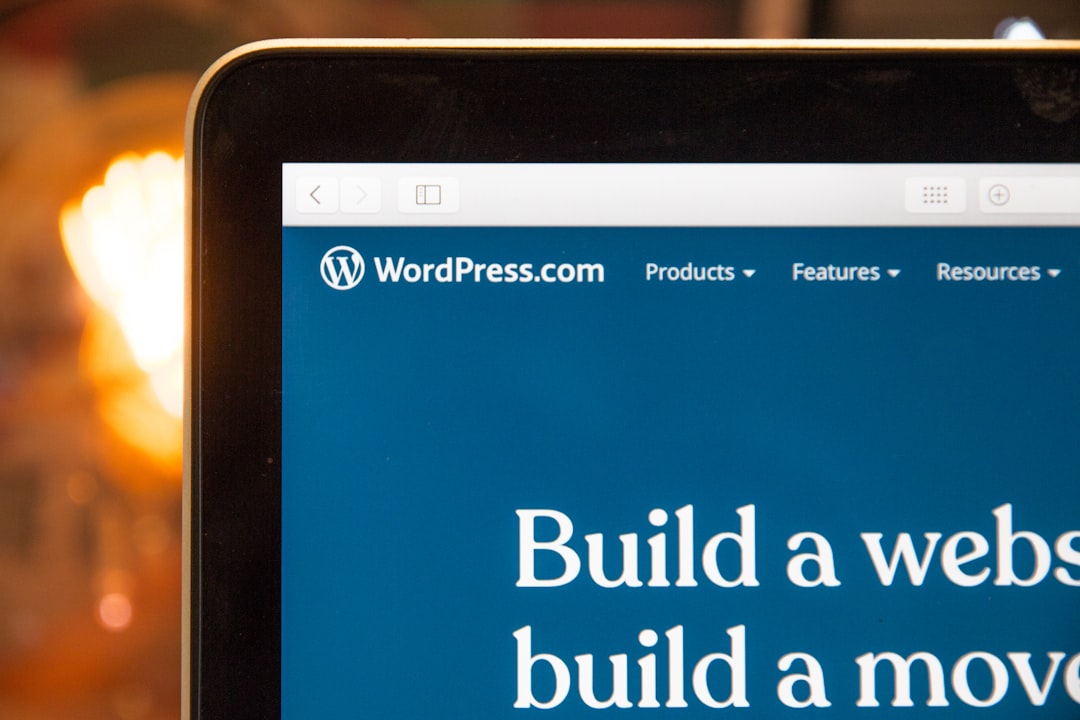Building a website for your business is an essential step in establishing an online presence, but many entrepreneurs and business owners are uncertain about the cost involved. The price of a business website can vary greatly depending on several factors, including its complexity, design, features, and who you hire to build it. Properly budgeting for a website is crucial for setting realistic expectations and ensuring the final product aligns with your business goals.
In this blog post, we’ll break down the key factors to consider when budgeting for your business website. Understanding these aspects will help you plan better, avoid hidden costs, and make informed decisions that fit your needs and budget.
1. Types of Websites and Their Costs
The first step in understanding the cost of building a business website is determining the type of site you need. Different types of websites serve different purposes and have varying price points.
1.1 Informational Websites
An informational website, often referred to as a brochure website, is a basic site that provides information about your business, such as services, products, contact details, and company background. These sites are typically simple and straightforward to build.
Estimated Cost: $1,000 - $5,000
1.2 E-commerce Websites
If your business sells products or services online, you'll need an e-commerce website. These sites are more complex because they need to handle product listings, shopping carts, secure payment gateways, and possibly inventory management.
Estimated Cost: $5,000 - $30,000+
E-commerce websites often require more customization, additional features, and regular maintenance, which can increase the overall cost.
1.3 Custom Websites
A custom website is built from scratch to meet specific business requirements. This could include complex features such as membership areas, interactive tools, booking systems, and custom integrations. These websites are typically tailored to your business’s unique needs.
Estimated Cost: $10,000 - $100,000+
Custom websites offer the highest level of flexibility and personalization, but they are also the most expensive option due to the need for bespoke design and development.
2. Key Factors That Influence the Cost of a Business Website
Several key factors can affect the cost of building your business website. Understanding these will help you determine where to allocate your budget.
2.1 Design and User Experience (UX)
The design of your website plays a significant role in how users interact with it. A clean, modern, and user-friendly design helps create a positive experience for visitors, encouraging them to stay longer, browse more pages, and take action (e.g., purchase a product, contact you, etc.).
- Template vs. Custom Design: Using a pre-made template for your website is more affordable, whereas custom design is more expensive but provides a unique look and feel.
- Responsive Design: Ensuring your website is mobile-friendly is crucial, as many users access websites from smartphones and tablets. A responsive design adjusts your site’s layout based on the device, which might cost more to implement.
Estimated Cost for Design: $500 - $10,000+
2.2 Development and Functionality
Website development involves coding and technical aspects to make your site functional. The cost of development depends on the features and functionality you need.
- Basic Websites: If your site only needs a few pages (Home, About Us, Services, Contact), the cost will be lower.
- E-commerce Sites: Integrating a shopping cart, product catalog, payment gateway, and security measures will increase the price.
- Custom Functionality: Features like booking systems, member portals, custom forms, or a blog might require additional development work, raising the cost further.
Estimated Cost for Development: $2,000 - $50,000+
2.3 Domain Name and Hosting
Every website needs a domain name (the web address like yourbusiness.com) and hosting (a server where your website’s files are stored). The cost of these services can vary depending on your provider and hosting requirements.
- Domain Name: A domain name usually costs between $10 to $50 per year.
- Web Hosting: Hosting costs depend on the type of hosting (shared, VPS, or dedicated) and your website’s size and traffic volume.
- Shared Hosting: $3 - $10/month (for small, low-traffic websites).
- VPS Hosting: $20 - $80/month (for medium-sized sites with moderate traffic).
- Dedicated Hosting: $100+/month (for large sites with high traffic or custom configurations).
Estimated Cost for Domain and Hosting: $150 - $2,000+ per year
2.4 Content Creation
The content on your website is one of its most important aspects. High-quality, engaging content is necessary to inform and persuade visitors. Depending on your needs, you may need to hire content creators or copywriters for:
- Text Content: Service descriptions, blog posts, and landing pages.
- Images: Professional photos or stock images that align with your branding.
- Videos: Explainer videos, product demos, or company introductions.
Estimated Cost for Content Creation: $500 - $10,000+
2.5 SEO and Digital Marketing
Search Engine Optimization (SEO) ensures that your website ranks well in search engine results, helping potential customers find you. SEO involves optimizing website structure, content, and technical aspects to improve visibility.
If you plan to implement SEO from the start, this could be an ongoing cost. You might also want to invest in digital marketing strategies such as email marketing, paid ads, or social media marketing.
Estimated Cost for SEO & Marketing: $1,000 - $10,000+ (depending on scope and duration)
2.6 Ongoing Maintenance and Updates
Websites require ongoing maintenance to stay current, secure, and functional. This includes updating content, fixing bugs, and performing security updates. Many businesses also require regular updates or new features to keep the site fresh.
- Content Updates: Adding new blog posts, products, or services.
- Security and Software Updates: Ensuring your site’s software is up-to-date and secure.
- Technical Support: Fixing any issues that arise, such as broken links or compatibility problems.
Estimated Maintenance Costs: $500 - $5,000+ annually
3. How to Budget for Your Website
When creating a budget for your business website, it’s important to break down your costs into the following areas:
- Initial Setup Costs: This includes design, development, domain registration, hosting, and content creation. Plan to allocate the majority of your budget here.
- Ongoing Costs: These include SEO, maintenance, marketing, and hosting fees. These are typically ongoing annual or monthly expenses.
- Future Upgrades: Over time, your website may need upgrades, such as new features, additional pages, or a redesign. Set aside a portion of your budget for future improvements.
Pro Tip: Start with a clear vision of what you want your website to achieve. List the features and functionalities you need, prioritize them, and make adjustments based on your budget.
4. Choosing the Right Team
The cost of building a business website can also vary depending on who you hire. Here are some options to consider:
- Freelancers: Freelance web designers and developers typically charge lower rates but may not offer the full range of services.
- Web Design Agencies: Agencies offer a full-service solution, including design, development, SEO, and content creation, but their rates are usually higher.
- DIY Website Builders: Platforms like Wix, Squarespace, or WordPress allow you to build your website with templates, but this might limit customization options.
Pro Tip: Research and interview potential developers or agencies to ensure they have the skills, experience, and portfolio that align with your business needs.
5. Conclusion
Building a business website is an investment, and it’s essential to allocate your budget wisely. Consider the type of website you need, the features and functionality you want, the ongoing maintenance costs, and the team you choose to work with. With proper planning and budgeting, you can create a website that not only represents your business effectively but also helps you achieve your goals, whether it’s attracting leads, selling products, or building brand awareness.
By understanding the factors that influence website costs and setting realistic expectations, you can ensure that your website becomes a valuable asset for your business in the long term.










0 Comments